AP World History students at the Morton Freshman Center recently re-negotiated the Treaty of Versailles.
A history class at Morton Freshman Center recently carried out a scenario where students represented the Allied Powers during World War I. One student was in charge of determining who was at fault for causing WWI. We asked the teacher in charge and a few students from the class, and here is what they had to say!
World history teacher Mr. Steve Rauch explained what inspired him to use a negotiation-style activity for teaching the Treaty of Versailles.
“I believe that engaging students as active participants in the study of history makes the material more meaningful. It helps students recognize that real people faced complex decisions, and they, too, can learn to make thoughtful choices based on the best available evidence—just as world leaders did,” history teacher Mr. Steve Rauch said.
We asked how this simulation helps students understand the complexities of post-WWI diplomacy.
“Students quickly realize that the wartime alliance that brought them to victory is now rapidly breaking down. Each Allied nation pursues competing goals, and the underlying causes of the war—nationalism and imperialism—continue to play a major role in the treaty negotiations, as reflected in the objectives of France and England,” Mr. Rauch said.
When asked about the challenges students typically face when trying to represent their assigned country’s interests, Mr. Rauch had this to say:
“A few students often recognize that this treaty helps lay the foundation for World War II, and they actively work to prevent another global conflict. However, they typically struggle to persuade other nations to listen, given the immense loss of life, land, and property suffered during the First World War. France, in particular, seeks revenge on Germany due to its losses in the Franco-Prussian War and the First World War. As a result, students representing France often become especially vocal in expressing their concerns about the threat of a strong German state,” Mr. Rauch said.
Freshman Marcos Guzman shared which country he represented in the negotiations and what his main goals were.
“I played the role of the U.S. in the negotiation. The main goals that I was assigned were to make sure a war would not break out again. Since the U.S. didn’t suffer any damage from WWI but rather did economically well due to the war, President Wilson decided to create a League of Nations to bind all nations to a mutual agreement and attempt to create peace among all nations. That was our main goal as the U.S. For me, representing the U.S., we didn’t care what the other nations did to make up the peace as long as it didn’t affect us since we didn’t take any damage from the war,” Marcos Guzman said.
Freshman Leonardo Dominguez described the biggest disagreement or most intense debate during the negotiations.
“The most intense debate during the negotiations included France and the U.S., where we disputed how harshly we wanted to punish Germany’s military. The U.S. wanted to allow Germany to keep most of its military assets while simply removing the draft, while I (France) instead negotiated for their military to essentially become immobile and useless. My group’s treaty was a lot less fair than the real Treaty of Versailles, as we decided it would be best to occupy a majority of the newly established territories that became present after the collapse of Austria-Hungary,” Leonardo Dominguez said.
We asked freshman Sherlyn Alvarado if she found it difficult to argue for her country’s position, even if she didn’t personally agree with it.
“While it was not necessarily difficult to obtain what France wanted, it did have its obstacles for a few reasons—such as the United States, which wanted to make the settlements a lot fairer. However, representing France, I had to oppose and instead pushed to make Germany’s military and territories fall to the French and the other allies. Knowing the outcome of such harsh treatment to the Germans, and how it would lead to WWII in the future, I was not in personal agreement with it,” Sherlyn Alvarado said.


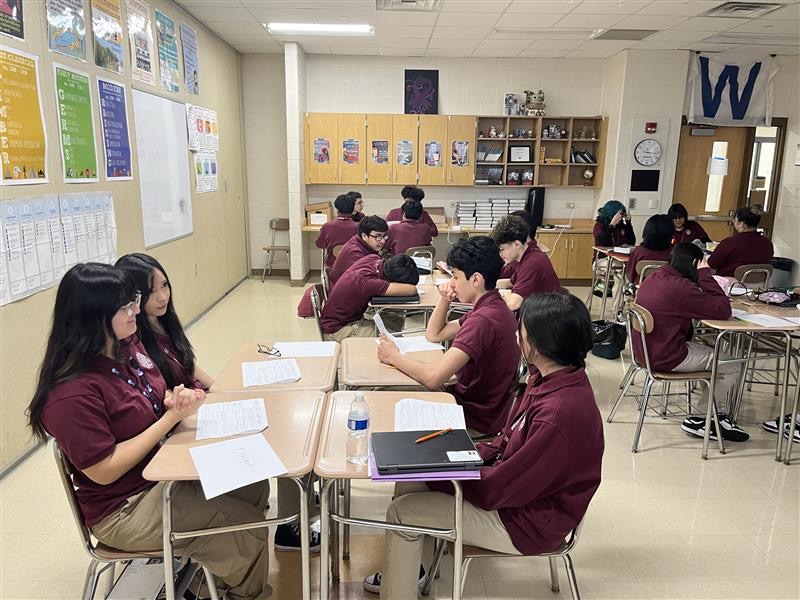
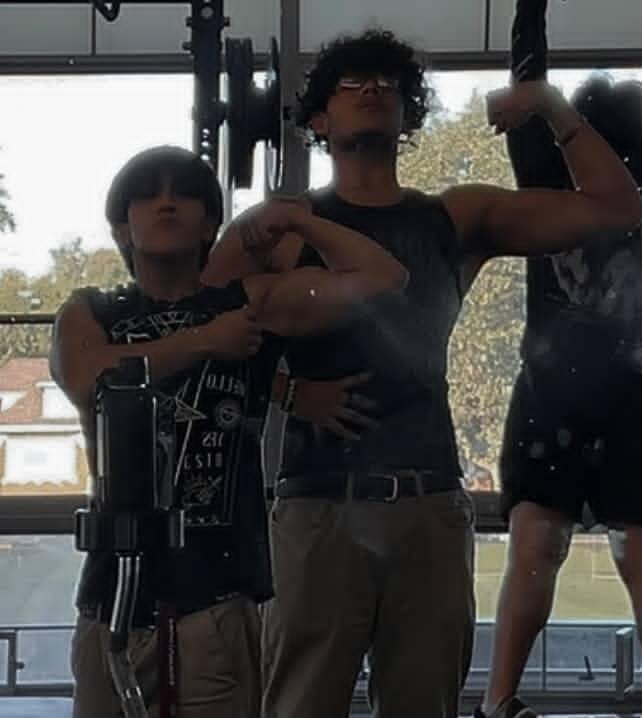
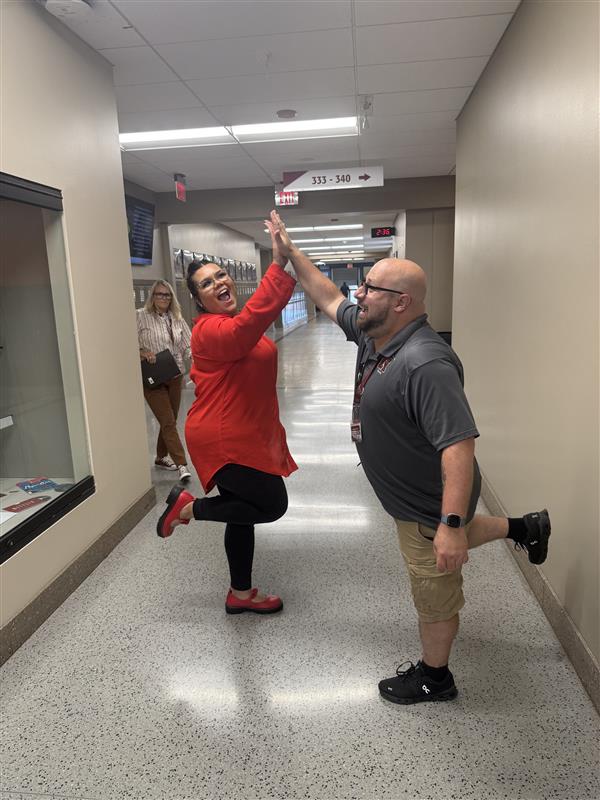

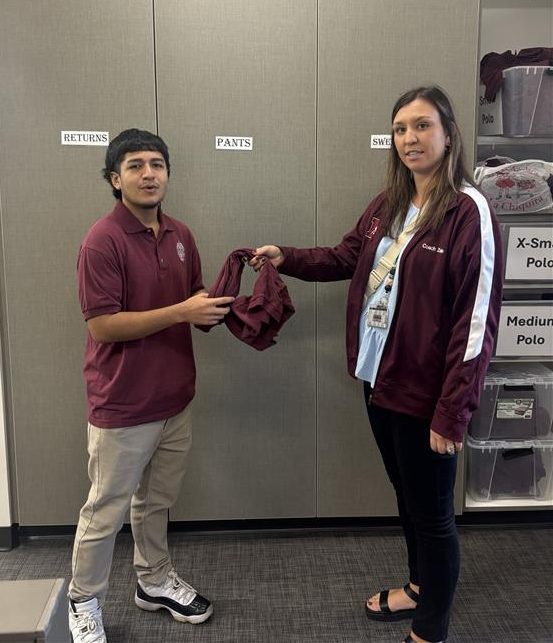

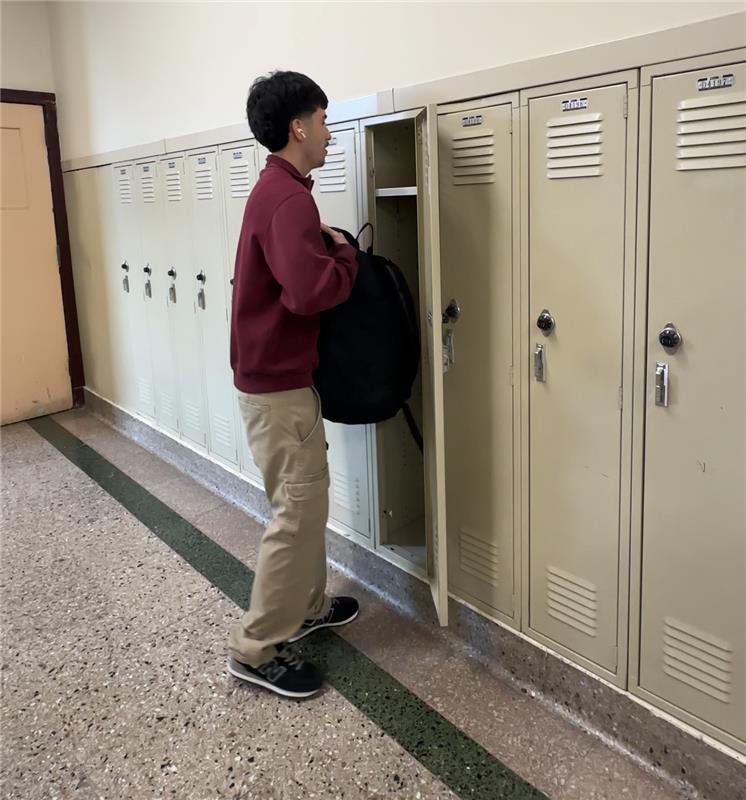
Kianabeth Camacho Cruz • Mar 26, 2025 at 7:22 pm
Wow, you guys are doing amazing beyond proud!! shout out Mr Rauch for the being the best, continue the hard work!!